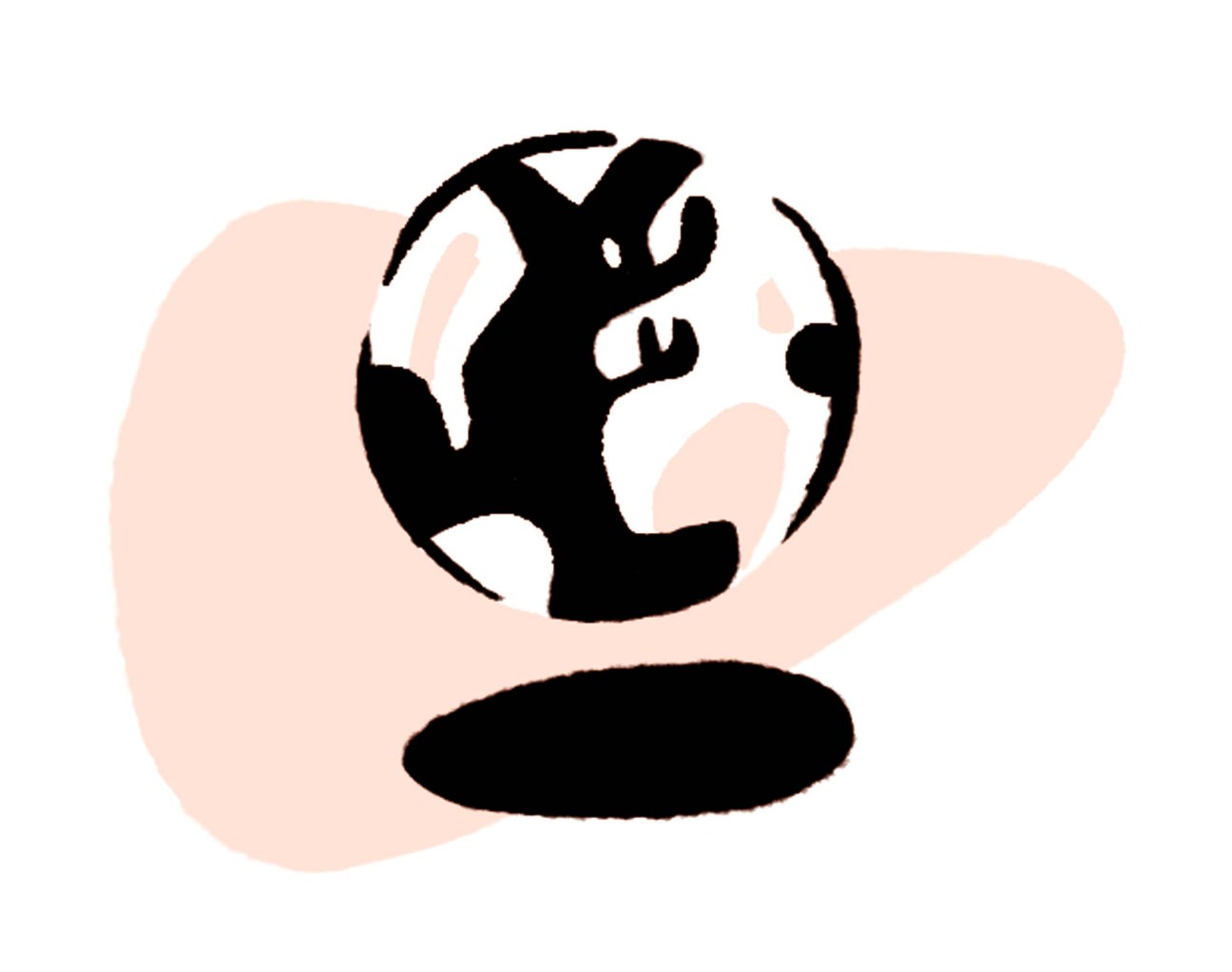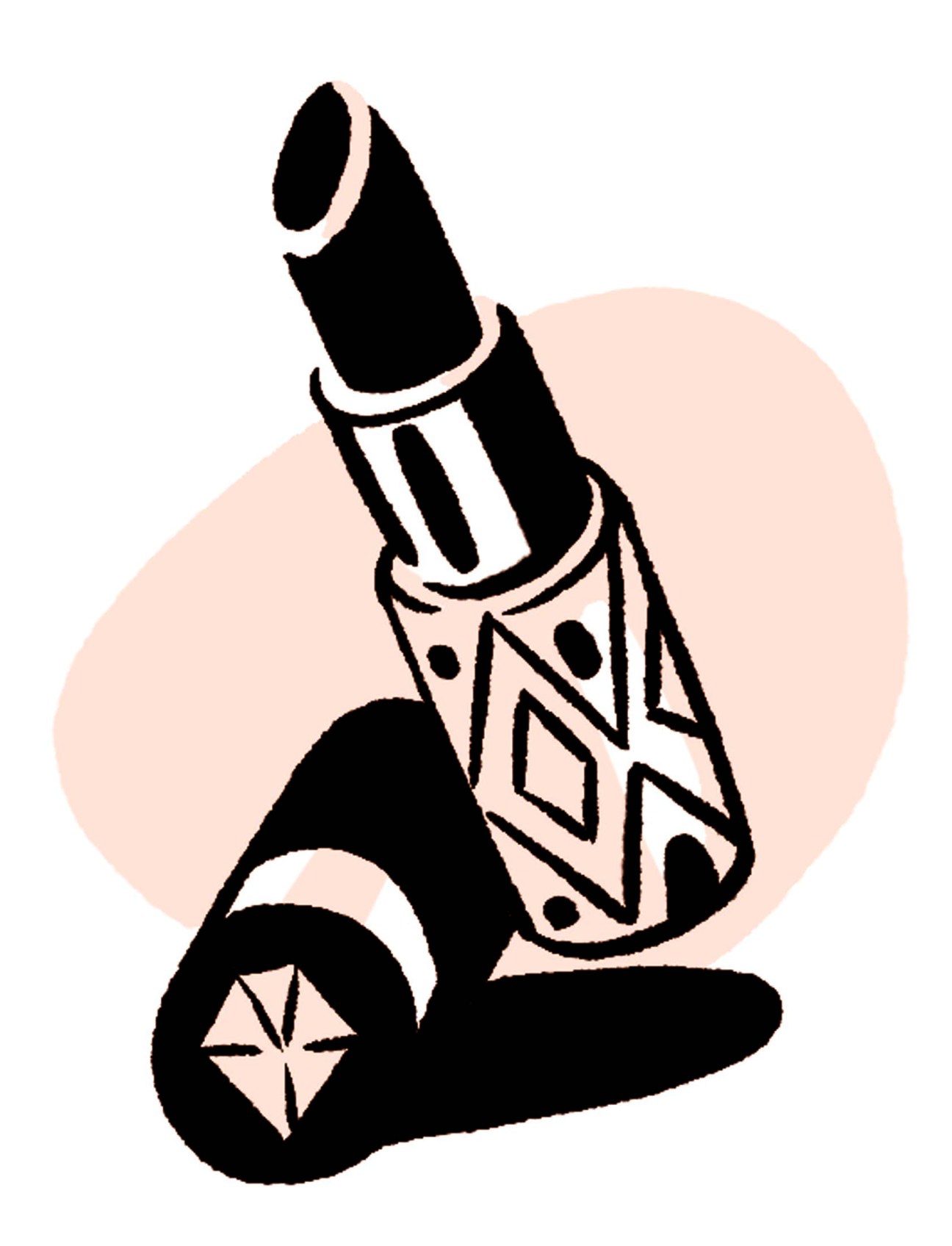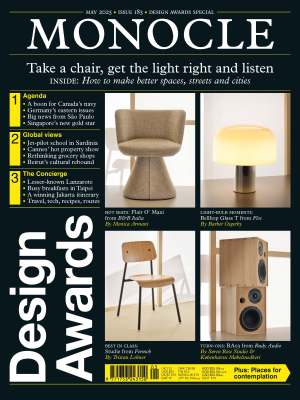The place for life’s big questions
For 60 years, The University of Warwick has been championing curiosity, collaboration and the transformational power of knowledge. As a global hub for research and discovery, the British institution tackles the world’s pressing challenges with clarity and purpose.

Monocle invited our readers to pose the big questions that they wanted answering. Over the next four pages, The University of Warwick’s renowned academics offer insight on topics shaping the world today, making sense of everything from artificial intelligence to the economics of luxury.
Marketing
Q.
Does marketing still work in an age of digital clutter?
A.
Good marketing can be effective, but consumers are overstimulated and the content skip button is pressed tens of millions of times a day. The challenge isn’t reaching people, it’s capturing attention. Marketers must create content that resonates and engages their target audiences – cutting through digital noise to secure that vital share of attention. Successful digital ideas feel authentic and trustworthy, speaking to the interests and beliefs of consumers. Such content is more likely to be curated into digital feeds, ultimately building trust and increasing the chance of influencing behaviour and preferences. What resources are needed to achieve this? While scale can help, it may also lead to inefficiencies. Take Gymshark, for example; they started with a minimal budget but engaged their audience creatively and passionately. The brand communicated its values and how they could create value for consumers. With so much noise, truly knowing your customers – beyond occasional surveys – is crucial. It all starts with the customer.
John Rudd
Professor of Marketing

Technology
Q.
Are you optimistic or pessimistic about the role of artificial intelligence (AI) in our world?
A.
There are some things that I’m not optimistic about. AI is fundamentally about prediction and the success of machine-learning-based methodologies largely depend on predictability.For example, what is the next word in the sentence? Is that bicycle going to turn left or right? Predictive technologies need a predictable world. I’m concerned that there will be a big push to make social life more predictable for AI to work. This approach takes us away from real intelligence, which is about being able to deal with the unprecedented or understand the point of view of a stranger. I’m concerned about these developments in terms of the broader consequences for social and cultural life.
Q.
Are we designing AI to work with us or replace us?

A.
When speaking about AI, we tend to talk about machines doing things that are normally done by humans. This is also one of the central ways in which AI is being sold today: a self-driving car can take over tasks and responsibilities from the human driver, a chatbot is taking on the role of a customer-service agent – or even that of a therapist. But if we look closer, we see that AI generates lots of work for humans. The AI machines that I encounter in my life are very needy. As academic researchers, we must prepare our data first and adapt our research design to enable AI models to demonstrate their great capacities for analysis. I am worried that by describing them as autonomous and loyal assistants, we’re complicit in the erasure of the invisible work that all of us are doing to make AI function. With self-driving vehicles, many of the detailed maps of everyday road environments that they use to navigate are coded by human workers, often in the Global South, annotating video footage of street corners. So, when we look closely at the practice of AI, we see a classic dynamic, which is that what is promoted as labour-saving technology generates more work for some people, while freeing up others. AI generates disruptions of all kinds. I’m a fan of the AI Incident Database, which logs issues involving AI across society, like an automated delivery drone that had to make an emergency landing on some power lines and caused an outage. Cases like this help us to realise that there are some rather strange assumptions that are made in the public conversation about AI that don’t always add up. AI is supposed to make things easier – via task delegation and automation – but it generates so much work and disruption instead. Suddenly we’re using our phones to create automated transcripts for conversations, which we didn’t do before. We’re creating and archiving all this extra stuff that we don’t really need. That doesn’t fit with the language that is commonly used to talk about AI. The practice of AI is nothing like the theory, in so many ways.
Noortje Marres
Professor at the Centre for Interdisciplinary Methodologies

Politics
Q.
How should we be thinking about the world order today?

A.
The world has changed so much; it never stands still. We need to find different framings to capture the world in its evolution, to understand and govern it better. There’s an idea known as VUCA, which is an acronym for the global atmosphere becoming increasingly volatile, uncertain, complex and ambiguous. Basically, the world’s gross development is so fast and so complex that we cannot control it. We can’t even predict it so therefore we need to find different means to understand it and endeavour to govern in a more sustainable way. The world is becoming very crowded with different actors and agents. Politics today is often made by multinational actors who drive ideas. We are now living in a multi-order world where the role of states becomes less relevant and politics is often driven by the groups of actors or alliances, not states alone. We can no longer be confined by the resources and powers of the state. Vladimir Putin’s war in Ukraine is not just about Ukraine. It’s about the ontological security of Europe and people around the world. For example, the grain crisis in the early stages of the war affected everyone: it caused hunger in Africa and created energy deficiencies in Europe. Everything is connected. The same goes for planetary challenges. Floods in Valencia or fires in Los Angeles affect us all in one way or another. We’re all in the same boat.
Q.
How can progress happen in such a complicated environment?
A.
It’s time to recognise that there are now many different orders. We need to be respectful of them and try to understand them. The world is becoming more diverse. If we acknowledge that diversity, it allows us to become more inclusive in terms of what structures are needed to manage it. This multi-order world is also very much driven from the bottom up. Once communities rally around a specific order, when they come together to self-organise that kind of order, it becomes far more sustainable. We should work together in terms of how we can cohabit and balance the world in an open system. For example, the green movement that was created by Greta Thunberg was a beautiful illustration of addressing planetary challenges as a global collective. If we must live in a multi-order world, we need to imagine it as a mesh of relations, where everyone and everything matter, and their futures must not be dictated by the big powers. It is time to rethink how we govern and are governed today.
Elena Korosteleva
Professor of Politics and Global Sustainable Development

Economics
Q.
Why are luxury consumers attracted to exclusivity?

A.
When consumers consider purchasing luxury items, they’re always going to be thinking about the exclusivity of the products to some extent. People like this idea of exclusivity and what it signals about them. It shows that they not only have a certain level of affluence, but also a certain social standing to get through the barriers to purchase items in very limited supply. With luxury brands, there can be waiting lists for products – and even the waiting lists are hard to get on. I don’t think that this has been damaging to the brands. It’s only helped create the image of exclusivity, such that we see people regularly queuing outside flagship boutiques. Instead, the greater worry is that a luxury brand will be very successful and then tempted to reduce the exclusivity of its products. Sometimes we have seen examples of brands that have reduced their exclusivity – and it has backfired for them. In recessions, when people are nervous about the state of the economy, there is the “lipstick effect”. It is well documented in economics literature that when consumers are more pessimistic about their finances but want to treat themselves, they will do so with a small luxury purchase, such as a lipstick from a top brand. This leads us to think about the very successful strategy that many luxury brands adopt – expanding their primary business into additional sectors of the economy so that they can reach a broader set of consumers. Maybe couture is their primary business, but they’ve expanded into beauty to become more recession proof.
Q.
Is scarcity the most important driver of luxury?

A.
With luxury goods such as designer handbags, cars and art, scarcity is one important dimension but there are several key factors. Brands need to be thinking about the quality of their products, the provenance and durability – and customer service too. Durability is also increasingly important due to growing interest in secondhand markets. A Stradivarius violin sold at auction recently for more than $11m (€10.5m). It is a nice example of a luxury good because we see the principles of both quality and scarcity. These instruments haven’t been made for hundreds of years, so there is a very limited number of them. But the ongoing success of Stradivarius violin auctions is also about the quality of the objects.
Caroline Elliott
Professor of Economics



